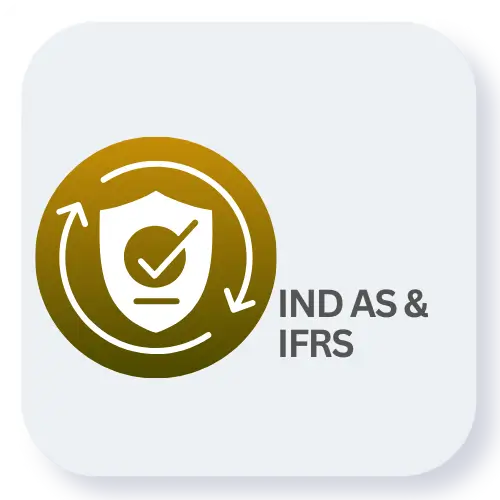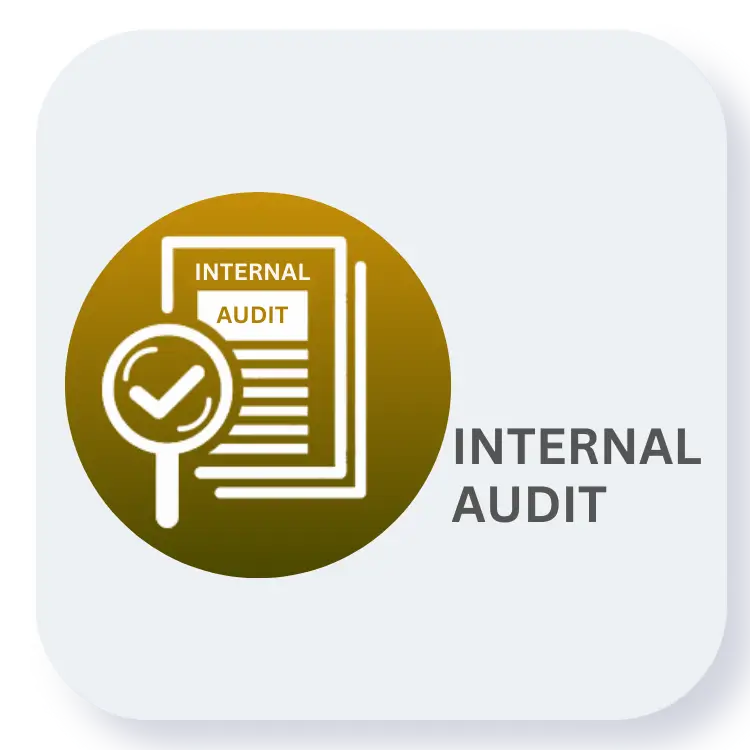
































One of the most popular jobs after CA is becoming an internal auditor. Internal auditors play a critical role in evaluating a company’s internal controls, risk management processes, and compliance with legal regulations. The life of a CA in this role is dynamic, especially in large organizations that require robust risk management frameworks.
CAs are in high demand in the auditing industry, as they are legally permitted to audit financial statements. Most companies prefer hiring fully qualified Chartered Accountants rather than candidates who have cleared only CA Inter. As an internal auditor, you will have the opportunity to identify inefficiencies, recommend improvements, and ensure that the company adheres to the latest regulations. With businesses increasingly focusing on governance and compliance, the future looks bright for CAs in the audit profession.
Another prominent career option after CA is specializing in taxation. CAs are often regarded as taxation experts, given their deep understanding of both direct and indirect tax laws. The implementation of GST (Goods and Services Tax) in India has significantly increased the demand for tax professionals, making it one of the most lucrative jobs after CA.
The banking and insurance sectors offer numerous career options after CA. Chartered Accountants in this field go beyond traditional accounting roles. They are responsible for managing financial risks, ensuring compliance with regulations, and helping organizations maintain financial stability. CAs working in banks and insurance companies often take up roles such as risk managers, financial controllers, and compliance officers.As the financial landscape becomes more regulated, the demand for CAs in the banking and insurance sector continues to rise. The life of a CA in this field involves working closely with senior management to optimize financial performance, manage liquidity, and ensure adherence to regulatory requirements. Banks and insurance companies offer stable and well-compensated jobs after CA, making this sector an attractive option for many.
Many CAs aspire to become finance managers or Chief Financial Officers (CFOs) after gaining experience. The life of a CA in financial management is dynamic and involves overseeing a company’s financial health, budgeting, forecasting, and strategic planning. Finance managers play a crucial role in advising the leadership team on critical financial decisions, ensuring that the organization meets its growth objectives.
CAs are well-equipped with the skills required to excel in this role. As businesses increasingly focus on optimizing financial performance, CAs are well-positioned to move into senior management roles. If you’re looking for jobs after CA that offer both prestige and financial rewards, pursuing a career in financial management can be an excellent choice.
While not the most obvious career option after CA, teaching offers a rewarding and fulfilling career path for those passionate about education. Many CAs choose to teach part-time or full-time, mentoring future Chartered Accountants and commerce students. The life of a CA in academia allows you to share your knowledge, stay updated with the latest industry trends, and shape the next generation of finance professionals.Many renowned CAs have made a name for themselves in teaching, offering coaching to CA aspirants and helping them navigate the rigorous exam process. While teaching may not offer the same financial rewards initially, it provides personal satisfaction and long-term growth potential. For CAs who enjoy mentoring and imparting knowledge, teaching can be a fulfilling career option after CA.
For CAs with an entrepreneurial spirit, starting your own business is one of the most exciting career options after CA. Chartered Accountants possess a deep understanding of finance, risk management, and business strategy, making them well-equipped to launch and run their ventures. Whether you’re interested in starting a consultancy firm, launching a new product, or even taking over a family business, the possibilities are vast. The life of a CA as an entrepreneur is challenging but rewarding. Entrepreneurship allows CAs to take calculated risks, manage finances, and build something from the ground up. While this path comes with its set of challenges, the financial independence and control over one’s career make it a compelling option. Success stories like that of Dhirubhai Ambani demonstrate how CAs can leverage their skills to build thriving businesses.
While the CA qualification is robust in itself, many Chartered Accountants choose to pursue additional qualifications to further enhance their career prospects. Several specialized courses can help CAs deepen their expertise and open new career options after CA.
The ACCA qualification is globally recognized and is an excellent way for CAs to broaden their understanding of international accounting standards. ACCA provides expertise in UK GAAP and IFRS, making it ideal for CAs looking for jobs after CA in multinational corporations or consulting firms. One significant advantage is that ACCA offers exemptions for nine out of fourteen exams for CAs, making it easier and quicker to earn this credential.
For CAs interested in information systems auditing, the CISA (Certified Information Systems Auditor) and DISA (Diploma in Information System Audit) certifications are excellent options. These courses help CAs specialize in IT auditing, ensuring the security and reliability of financial data in the digital era. The life of a CA in this field involves conducting audits on IT systems, a growing niche in today’s tech-driven world.
The CFA (Chartered Financial Analyst) designation is highly regarded in the world of finance, focusing on investment banking, portfolio management, and financial analysis. Combining the CA and CFA qualifications allows professionals to expand their expertise from auditing to strategic investments, making it one of the most lucrative career options after CA. Many CAs pursue CFA to explore roles in asset management and hedge funds, where their financial analysis skills are highly valued.
The ICAI offers several post-qualification
courses for CAs looking to specialize in specific areas. Courses such as the Diploma in
International
Taxation or the Diploma in Insurance and Risk Management allow CAs to build niche expertise,
opening up
more specialized jobs after CA. These courses provide opportunities for CAs to grow their
careers in
industries such as risk management, corporate law, and international trade.Conclusion: Charting
Your
Career Path After CA.
In conclusion, the career options after CA are incredibly diverse, offering professionals the
flexibility to choose a path that aligns with their interests and career goals. Here are five
major
categories you can explore:
The life of a CA is filled with endless possibilities. Whether you choose to specialize in audit, taxation, financial management, or venture into entrepreneurship, your CA qualification will serve as the foundation for a successful and fulfilling career. As you explore various jobs after CA, remember that the skills and knowledge you've gained during your CA journey will provide you with the confidence to excel in whichever path you choose